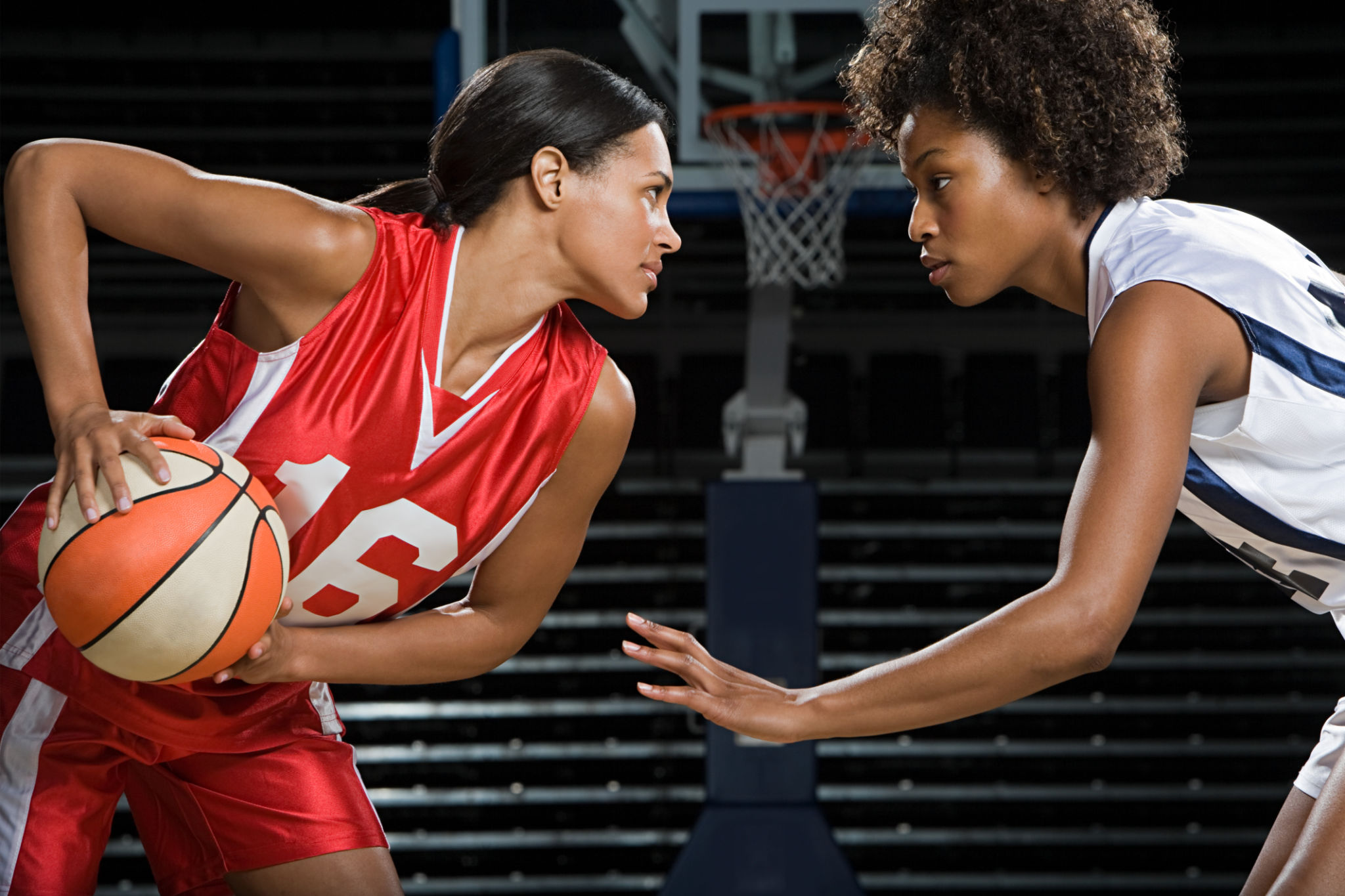Common Misconceptions About Women in Sports and Entertainment
Challenges Facing Women in Sports and Entertainment
Despite significant progress, women in sports and entertainment continue to face numerous challenges. These challenges often stem from deep-rooted misconceptions that still persist today. Understanding these misconceptions is crucial for fostering an environment of equality and respect.

Women Can't Compete at the Same Level as Men
One of the most pervasive misconceptions is that women cannot compete at the same level as men in sports. This belief undermines the achievements of female athletes who have consistently proven themselves on the global stage. From Serena Williams in tennis to Simone Biles in gymnastics, women have shattered records and demonstrated extraordinary skill and dedication.
It's important to recognize that men and women often compete in different categories due to physiological differences, not because one is inherently superior. This doesn't diminish the achievements of female athletes but highlights their dedication and talent in their respective fields.
Female Athletes Lack Marketability
Another misconception is that female athletes are less marketable than their male counterparts. This belief is reflected in the disparity in sponsorship deals and media coverage. However, recent trends show that audiences are increasingly interested in women's sports, as evidenced by the growing viewership for events like the Women's World Cup.

Brands are starting to recognize the value of aligning with female athletes who bring diversity and relatability to their marketing campaigns. The success of campaigns featuring athletes like Megan Rapinoe and Alex Morgan highlights that marketability is not inherently linked to gender but rather the athlete's ability to connect with their audience.
Women in Entertainment Are Limited to Certain Roles
In the entertainment industry, women often face stereotypes that limit the roles available to them. The misconception that women are only suited for certain types of roles prevents them from exploring diverse characters and genres. This has historically led to limited representation of women in leading roles, especially in action or STEM-related genres.

The tide is turning, however, as more women take on diverse roles both in front of and behind the camera. Films like "Wonder Woman" and "Hidden Figures" showcase women breaking traditional molds, proving that audiences are eager for stories that feature strong female leads across all genres.
Progress Is Slow but Steady
While progress may seem slow, it is important not to overlook the strides being made toward gender equality in sports and entertainment. Organizations and advocacy groups continue to push for equal opportunities, pay, and representation for women across these industries.
Recognizing and challenging these misconceptions is key to creating a more inclusive environment where women can thrive. By supporting female athletes and entertainers through viewership, sponsorship, and advocacy, we can contribute to a future where gender equality is not just an aspiration but a reality.